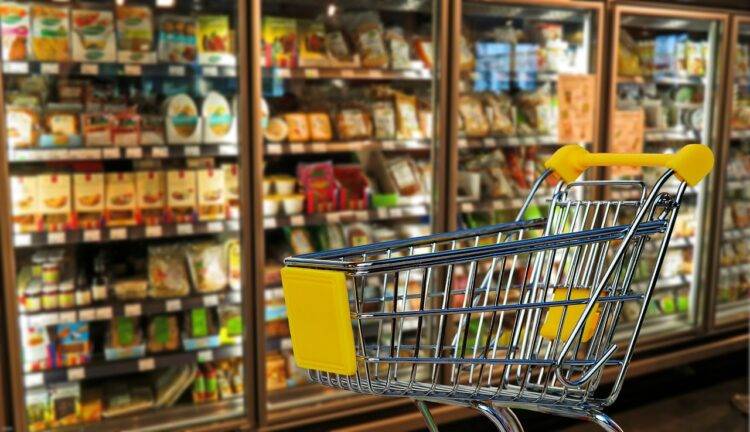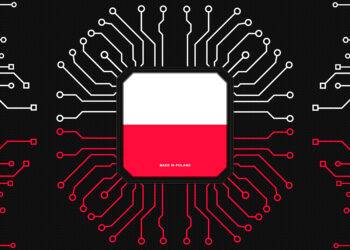Polish companies have achieved a remarkable milestone in South Korea, securing 90% of the market for ultra-high-temperature (UHT) processed milk. This success highlights Poland’s growing influence in the food and beverage sector of a nation heavily reliant on imports due to its mountainous terrain and limited agricultural capacity.
Key players such as SM Mlekovita, Polmlek, and Mlekpol dominate the South Korean dairy aisles, offering products under both their own brands and private labels for local retail chains. Anna Łagodzińska, head of the Polish Investment and Trade Agency (PAIH) office in Seoul, underscored the strategic importance of these achievements, describing them as part of a broader effort to position Poland as an attractive partner in South Korea.
Expanding Beyond Dairy
Poland’s influence in South Korea extends beyond UHT milk. Polish confectionery brands like Wedel, Wawel, and Colian are increasingly visible, gaining favor among South Korean consumers. Meanwhile, the juice brand Polska Róża has made its debut on Coupang, a leading e-commerce platform, garnering positive reception. Polish cosmetics, including products from Ziaja and Bielenda, also have a presence, albeit with varying levels of market engagement.
In the meat sector, South Korea has opened its markets to Polish pork and poultry, although beef exports from Poland remain restricted. Early steps in this industry have focused on product registration and building relationships with South Korean importers, setting the stage for future growth.
Strategic Pathways to Success
Łagodzińska emphasized the importance of visibility and relationship-building for companies aiming to enter the South Korean market. Participation in industry trade shows, such as the annual Seoul Food & Hotel Expo, is deemed essential. Cold calls and emails are insufficient in a business culture that prioritizes direct and sustained personal connections.
Polish firms venturing into South Korea also include industrial and technological players. For example, Towimor, a producer of ship equipment, operates a facility near Ulsan, and IT services provider Comarch is steadily expanding its footprint in Seoul.
A Growing Partnership
South Korea, home to 52 million people, relies heavily on imported food and consumer goods. Poland’s foothold in key sectors, from UHT milk to technology, underscores the potential of this trade relationship. While challenges remain, particularly in expanding beef exports and deepening market penetration, Poland’s achievements so far paint a promising picture of collaboration between the two nations.
By leveraging its strengths in high-demand sectors and fostering strong business relationships, Poland is poised to continue its upward trajectory in one of Asia’s most competitive markets.
Support Poland 24
Poland 24 is an independent publication dedicated to providing accurate, insightful, and timely news from Poland. In an era where reliable journalism is more important than ever, we take pride in delivering content that keeps you informed about the latest developments in politics, culture, and society in Poland. However, as an independent outlet, we rely on the support of our readers to continue operating without the influence of corporate sponsors or political agendas. Your donations are crucial to help us maintain the quality of our reporting, covering both major headlines and the stories that often go untold by mainstream media.
By supporting Poland 24, you are not only helping us sustain our website, but you are also contributing to the creation of more diverse, in-depth content. Every donation, big or small, allows us to invest in better resources, hire experienced journalists, and cover a wider range of topics with the detail and attention they deserve. If you value independent journalism and want to see more high-quality content about Poland, please consider donating today. Your support truly makes a difference in our ability to continue bringing important news to the public.


















